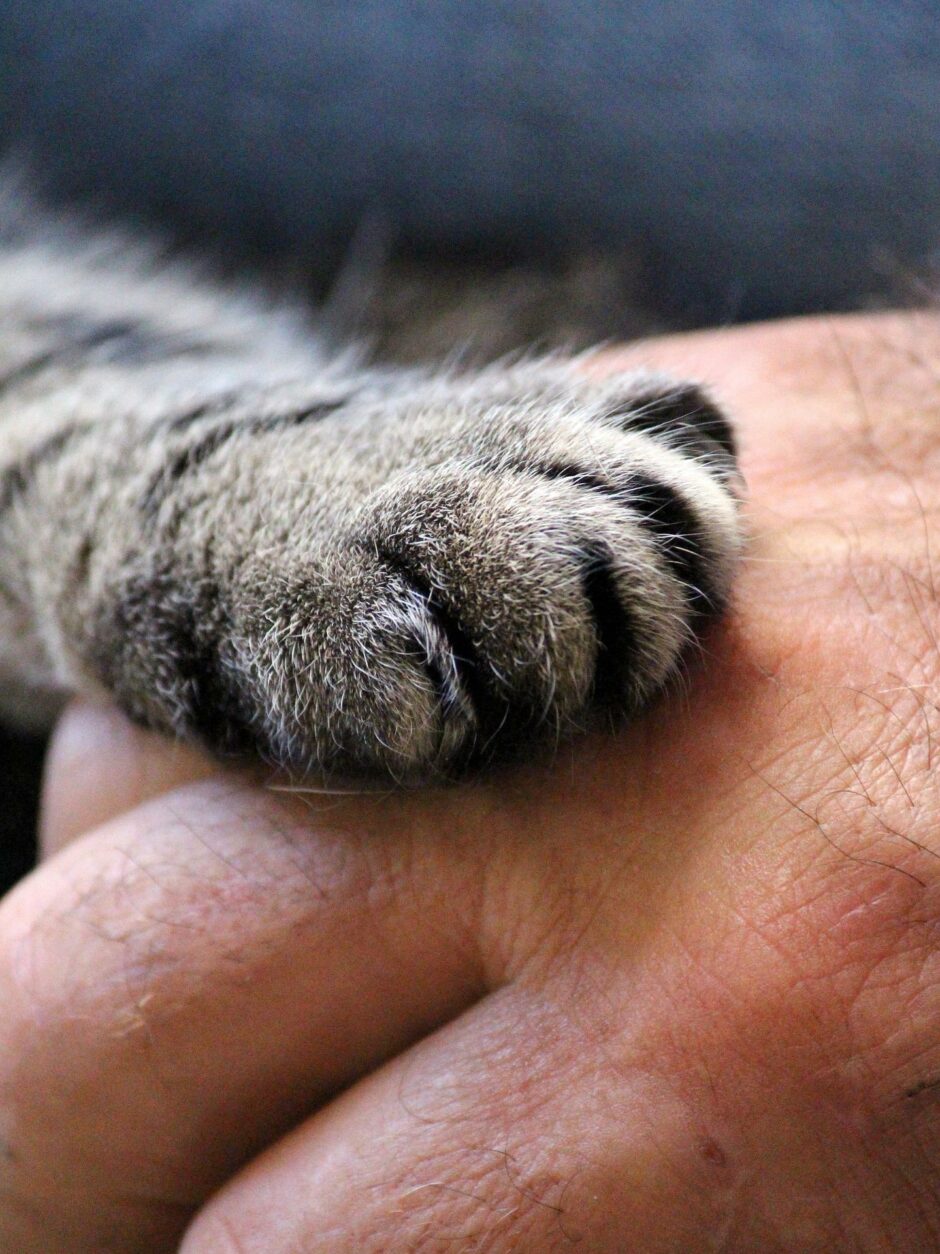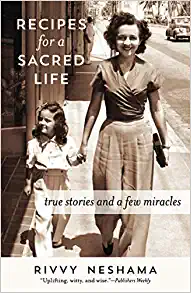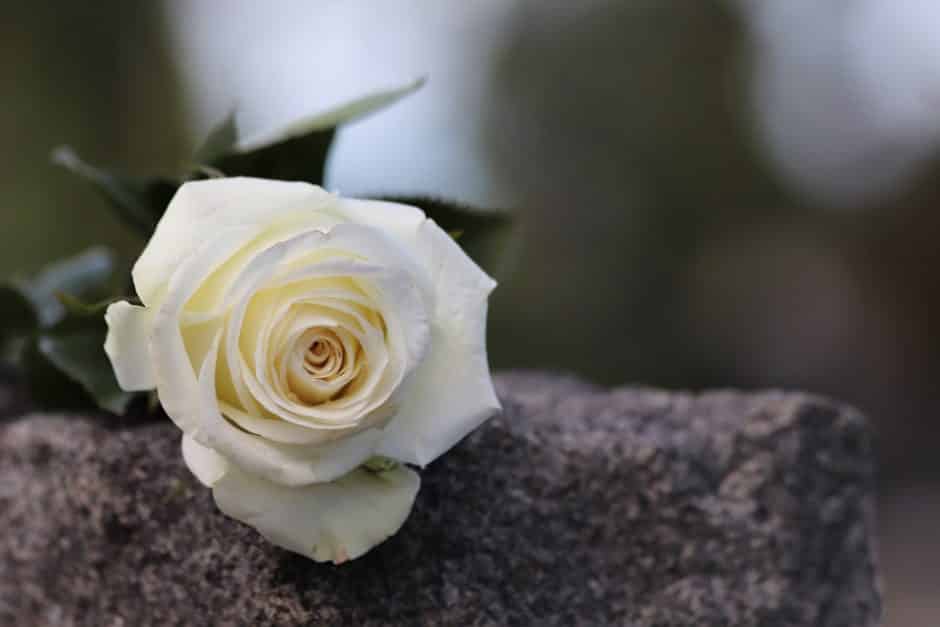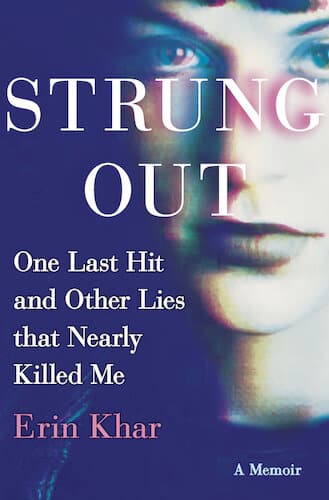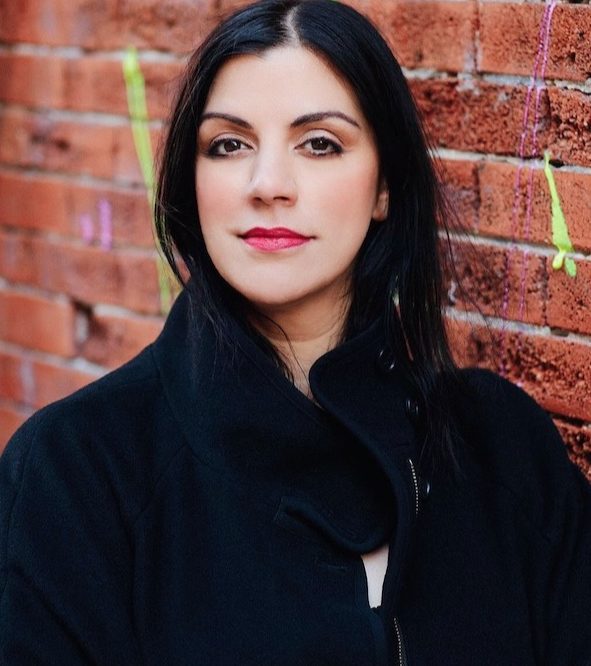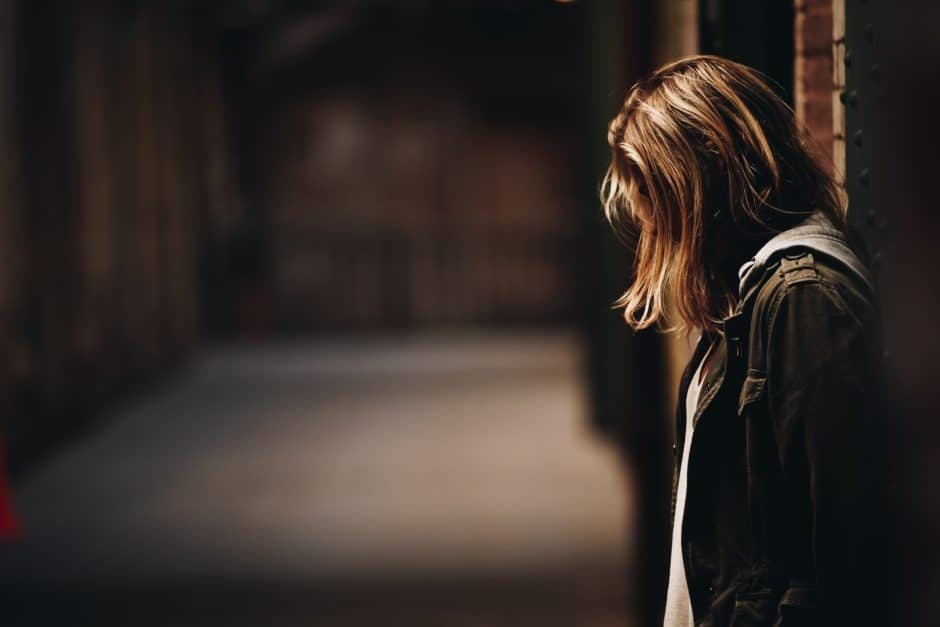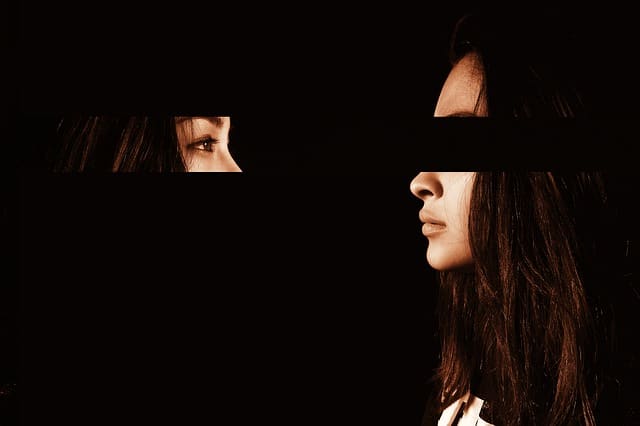Every morning, I opened my bedroom door to find him just sitting there.
“We have to talk,” he seemed to say.
Spine erect, forearms straight under his shoulders, he appeared to want a serious heart to heart.
“Oh,” I’d say, “Good morning,” as I’d side step around him, and disappear into the bathroom. On the toilet, I’d wonder why, of all the places there are to sit in this apartment, he’d sit there. And how long had he been sitting there, anyway? A few minutes? All night?
***
“We have to talk,” Jimmy would say on a nightly basis–his attempt to give me an order from behind the half living room wall where he was sitting in the dark. I had just gotten home from my late night’s teaching. How long had he been sitting there? A few minutes? All night?
“I’m tired, I’m going to bed,” I’d say. Sometimes I’d wake in the early morning hours to find him sitting on the chair by our bed, staring at me. When we’d met 25 years earlier, he’d made me feel safe. Valued. Adored. I’d grown up in a family where I was none of those. Jimmy’s transformation from safe zone to potential threat jarred me.
I told him I wanted a divorce, after two decades of trying everything I could not to. After I’d finally put the word “divorce” out there, I began to feel hunted. Not where the hunter slays the prey, but where the aim is to capture, cage, and never, ever release. A few years later, when we were able to resume a semblance of our prior friendship, he would tell me that indeed he felt I was his possession. That he knew it was wrong, but men are animals after all.
***
By the time I’d finished in the bathroom, Five–named after Tank Five, the sewage tank at the Hunts Point treatment plant Jimmy had rescued him from—was poking around my bedroom, sniffing at specks of something on the floor. Until he sensed me returning, and scampered off.
***
“Jimmy, you read my journals!”
“I was looking for answers,” he claimed.
“You had no right!”
He suspected I was fantasizing about another man, like a woman who still hoped. His suspicions were correct, but he had no right to my fantasies.
I crouched on the floor, gathering the laundry–still our laundry–when I saw my journals had been moved and one was laying open.
I continued thrusting my hand into pockets, looking for loose change, receipts, lighters. I pulled out my underwear instead. From his shirt pocket, his sweatpants pocket. Was he hoping to hold onto a sexual connection by clinging to my intimate clothing? Our bodies had belonged to each other when the relationship was committed. His addictions severed that connection. Was this his way to try to tape it back together?
“I picked up your panties by accident,” he lied, his gaze veering out the window.
“They’re not panties,” I said, his desperation weighing on us both. “They’re underwear. I don’t leave my underwear lying around.”
He twitched his right shoulder and walked out.
***
I had put off telling Jimmy I needed a divorce for more than a decade by scrubbing the kitchen counters. Sweeping the floor. Putting random items back where they belonged, while simultaneously developing sonar to place Jimmy’s stealth-like disappearances into a bedroom or out onto the terrace. We were a family with two young boys we both adored. A family is all I’d ever wanted. When he’d disappear, I thought he was privately taking a few hits on a joint. Swallowing a pain pill. But I was there with him mentally draining the fuel from the lighter, preventing the bottle from opening. Willing him back to being with us. When he did reappear, I kept my back to him. He’d wrap his arms around me from behind. Kiss my neck. I’d stiffen, though the kisses were sweet.
“Sit down,” he said. “Take a break.”
“I’m not done.” I pulled out of his embrace.
I wouldn’t stop until he stopped.
“Take a break,” he repeated, grabbing hold of my forearms. “Finish later.”
“No,” I said, jerking out of his grasp. “I’m not done.”
“You don’t know how to relax.” He left the room.
***
One morning, Five sat in his usual spot. Just staring. But as I passed him to go to the kitchen to make coffee, he swatted at my leg. He swatted again. Ran after me. Swatted again.
“Ok. I’ll pet you, I’ll pet you,” I said, leaning over.
It was our first petting session since he’d arrived in my home. Tentatively, I managed a few strokes on the top of his head, then wiggled a few fingers under his chin. He nuzzled into my hand. I made a fist as he dragged his mouth across my knuckles. His tail straightened and switched back and forth. Then he parted his pink lips to drag his long thin teeth across my thumb as though they itched and my thumb provided welcome scratching. When he took a gentle nibble of my knuckle, I pulled my hand away, afraid another nibble might turn into a bite.
He jumped onto his hind legs and wrapped his forepaws around my shins, batting at them, then hugging them, then batting at them again. A frenzied dance. Thankful for my pajama bottoms, I backed away and he ran off.
***
I had lobbied hard for a dog when our two boys were little. Our building didn’t allow dogs, but Jimmy was the co-op board president. “At least put a vote on the agenda,” I pleaded.
“Let’s just get a cat,” he always said. “They’re less work.”
The bottom line was, he wasn’t a dog guy. He was a cat guy. Unfortunately, I was a dog gal. We ended up with hamsters and guinea pigs, and a snake once. Even the boys agreed they were poor substitutes.
***
Jimmy asked me to police him when we first got together.
“Everything I’ve loved, I’ve lost because of my drinking,” he’d said after one of our first fights. “I’ll stop.”
And he did. Stop drinking.
I knew he continued smoking pot. I drank wine on the weekends, so who was I to tell him to stop pot, too? I didn’t realize how much he smoked. When I asked why I found lighters everywhere, he said, “For safety.” And the Visine bottles? “I’m a welder.”
I didn’t know about the pain pills. I knew he sweat a lot.
I saw the empty orange pill bottles with the labels scratched off, but didn’t connect the dots. I thought he needed them and took them when he was in pain. Who was I to decide how much pain he was in? A bad back, a bad knee, and even bad teeth had parlayed into prescriptions from no less than five doctors: his back doctor, his knee doctor, his primary care physician, his pain management doctor, and often the dentist. Opioid abuse had yet to make headlines with lawsuits and staggering statistics. I never saw all the bottles at once, only after they were empty. I’d taken codeine after surgery for impacted wisdom teeth and immediately felt nauseous. I completely missed, in the beginning anyway, that pain pills could be recreational.
***
For years, he left our apartment before 6 a.m. to get to a job that was a 15-minute drive away, and he didn’t need to clock in until 7 a.m. I finally realized he left early so he didn’t have to help with any part of waking two kids, feeding them, getting them dressed, their lunches made, their school bags packed, and off to their destinations.
When my son’s schedules changed so I had to get all of us out the door by 7 a.m., I demanded Jimmy help.
“Well, you know, Corinne, it’s a very busy time for me,” he responded immediately.
I stared at him. “Jimmy, you drink coffee, watch the news, then get in the car and drive to work.”
Even he saw the gaping hole in his argument. He took over making the lunches and packing the school bags. His lunches were much better than mine and he always drew a picture on the boys’ napkins of something each was into: surfing, soccer, holidays, then signed them, Love Mommy and Daddy, until one son reached his teens and finally asked him to stop. Not drawing on the napkins, just signing them Love Mommy and Daddy.
He had always been the parent in stressful times, too. He was the one who slept with them when they were sick and rubbed their foreheads, who held them while the doctor removed a cast or stitched a wound. I was the first to be sent away because I’d start crying, too, making things worse.
But day to day life, he preferred to slink away.
I’m not sure he ever realized how much it hurt me that he wasn’t instinctively by my side helping, how much it took away from my desire for him. I loved him as my best friend, but the childishness of running from responsibilities, viewing them as drudgery, rather than labors of love, killed desire.
It was simply not sexy.
***
Neither is nodding out, which as the boys grew older and needed less direct parenting, he did more frequently, and I was confronted with the reality that he did not take pills solely for pain. Watching Jimmy’s bloodshot eyes flap closed over his plate of chicken and pilaf one evening, I thought, Well, it’s not like he’s driving a car. The second I realized I was trying to put a positive spin on where and when one nods out, I knew the only option left was divorce.
***
You fuckin’ addict, I’d think, when he nod out tying his shoes, though I’d woken up that morning full of resolve to try something else to address this disease. It didn’t matter that I knew that was not how it works.
He stopped seeing himself, and I stopped recognizing us. He was exhausting and exhausted. Anger and sadness were the only emotions I had left. I did not want my boys to think this is who their mother is.
***
One evening we went to bed and both of us were on our backs staring at cracks in the ceiling plaster. I knew we both knew. It was over.
“Love me, Corinne,” I heard Jimmy say. “Please, just love me,” his voice weak and tender. I turned away from him, my silence devastating us both.
***
Jimmy replaced me with a shelter cat as soon as we split up. A few years later, our older son Seamus could no longer witness the abuse of the restaurant cat locked in the basement where he was a waiter. Jimmy drove his black van to the restaurant and waited for Seamus to emerge on his break with a cardboard box that emitted barely audible meows. When a woman friend of Jimmy’s needed a home for her mother’s cat after her mother had had to move into assisted living, Jimmy volunteered to take that cat, too. Five, his fourth cat, he’d literally rescued from drowning in shit.
***
At the same time he was collecting cats, he went back to drinking. He began a cycle of detox and rehab, although he only actually completed one rehab session. In between, he’d work, ride his bike, try to connect with old friends, even go out for dinner and a movie with me and our boys, but he’d always end up back at the beginning.
“What happened to me?” he’d ask on our drive to detox. Again. “Why do I do this? Was I molested? Did I block it out?”
“I don’t know, Jimmy. I can’t know. Only you can figure it out.”
“I’m terrified,” he’d say. He knew he was killing himself.
But figuring it out meant opening himself up after having spent years completely locking himself down. His inability to be vulnerable kept him stuck. Jimmy did things perfectly or he didn’t do them at all. His world grew smaller and smaller. Not feeling pain made joy a flatliner, as well.
***
Finally, after decades of taking Percocet, Oxycontin, Tramadol, and Hydrocodone, he came home from his final stay in detox, laid down on the couch, and opened another bottle of Hennessy.
He was dead within 24 hours. Maybe 48.
Day of death is marked as the day the body is found, not the actual time of death. We were married for 21 years, together for 23, enmeshed for seven more, and I don’t know exactly when he died. I do know he was alone, surrounded by his cats. Most likely, Five was close by.
I wasn’t.
I didn’t hold his hand. I didn’t rub his forehead. I didn’t whisper “I love you” over and over.
My consciousness became cloudy. Thoughts about work, or which son needed what, or what I needed to pick up from the grocery store were interlaced with, You killed him. You left him and he died. If you hadn’t left, your boys would still have a father. You’d still have the person who guided you, even if he couldn’t guide himself.
My dreams fueled my guilt. In one, he stood against a wall, his face and body screaming a silent anger. I thought it was at me, but maybe it was at death itself. Then his forehead started to cave in and I forced myself awake before I watched his entire body get consumed by invisible flames.
We’d had him cremated.
The man who entered my life as a protector, a guide, an emotional balance, and a source of so much laughter, had been eaten from the inside out by his addictions and was now in a jar. I’d told that jar how sorry I was. That I couldn’t help him. That he had died alone. Contrary to the saying, We are NOT born alone. Every mother knows that. No one should die alone, either. Not being there when he died, haunted me.
***
Five didn’t want to leave Jimmy’s apartment and I didn’t want to bring him to mine, but no one else wanted him or his rescued siblings. Shelters had long waiting lists and no guarantee to not put them down if they were not adopted swiftly. While the other cats adjusted easily to their new home, Five hid silently for weeks under my son’s bed. Then he started lurking outside my bedroom door.
***
When I discovered Five in my room in the middle of the night, sitting next to my bed, spine erect, forepaws straight underneath, looking calmly up at me after I had awoken from yet another disturbing dream, I began to grow suspicious. Five made me feel like I was living with Jimmy. In looks and actions. Impossible and weird, I know. This cat was hunting me, spying on me and it felt very familiar. Did he want to know if someone new was in my bed? Would he pounce if there was?
One morning, Five wasn’t in his usual spot. I thought he had moved on from demanding “We have to talk,” but then I saw him on the living room bench, his rear quarters hovering above the ground, his tail straight and elevated, unable to sit, unable to stand.
As sick as he was, he put up a tremendous fight as we tried to take him to the vet. Our younger son Liam had to wear Jimmy’s welding gloves to get him into the cat carrier. The vet injected a sedative through the carrier wall and tests revealed that Five had a thickened bladder wall, a chronic condition. He would need life-long pain medication and muscle relaxers. He was prescribed Buprenorphine for pain.
***
Buprenorphine was the last opiate Jimmy had been prescribed. He’d Googled Is Buprenorphine addictive? right before he died. Buprenorphine was supposed to be like Methadone–pain medication you take when trying to wean off of pain medication.
***
The woman who had become Jimmy’s close friend, although he had wanted more, came to my apartment for the first time on the anniversary of his death. We both needed to mourn the man we loved. Five cautiously entered the room. As soon as she saw him, she said, “Oh my god, he looks just like Jimmy.”
***
One morning, Five didn’t greet me when I opened the door. I panicked until I found him lying underneath a living room chair. I stroked his fur, and he looked at me calmly, but meowed nothing. When I returned home from work, he was laying on my bed with his head on my pillow, a place he’d never laid before. I laid down next to him and rubbed his forehead and stroked his chin. After dinner, he had moved to the carpet in my son’s room. At 3 a.m., my son alerted me that Five had been sick on the floor. By the time we got him to the vet, his kidneys were failing.
It was time.
Sedatives allowed him to rest with some comfort. The vet had placed his head on a pillow and wrapped him in a thick towel. There’d been a sweat stained pillow under Jimmy’s head when Seamus had found him dead on the couch. Seamus wanted to spare us and told Liam and me not to come. He waited with Jimmy’s body alone until the police arrived. I understood and appreciated his protectiveness. Being spared though, that leaves a different kind of hole.
***
Liam and I held Five’s paw/hand and stroked his fur/hair and murmured loving words as Five left this world as every living thing should. And I thanked Jimmy for coming back as Five and allowing me to be there. This time.
***
I know this was Jimmy’s gift to me. Only he knew how much I needed it.
Corinne O’Shaughnessy is a retired New York City public school literacy teacher. Her essays have appeared in HerStry.com, The Dead Mule School of Southern Literature, reideasjournal.com, and DorothyParkersAshes.com. Her short fiction has been published in SurvivorLit.org and BookofMatchesLit.com. She also recently read “Five” at The Haunted gathering of Read650.org.
She currently resides in Mexico where she is trying to learn Spanish and become a better dancer. She is also the proud mama of two grown sons.
***
If you liked today’s essay, check this out:
“Exquisite storytelling. . . . Written in the spirit of Elizabeth Gilbert or Anne Lamott, Neshama’s stories (and a few miracles) are uplifting, witty, and wise.”—Publishers Weekly
***

